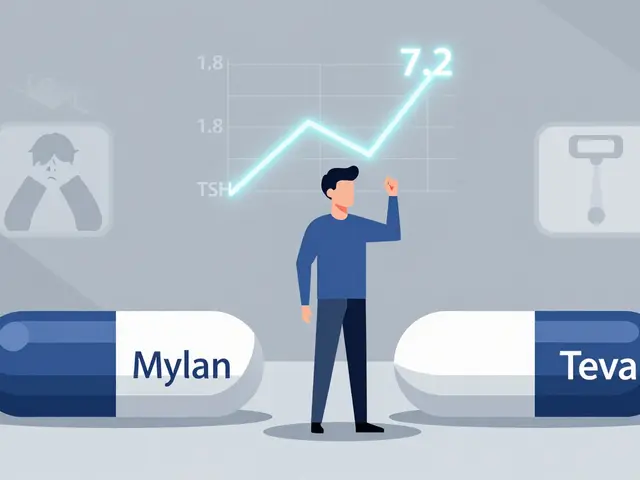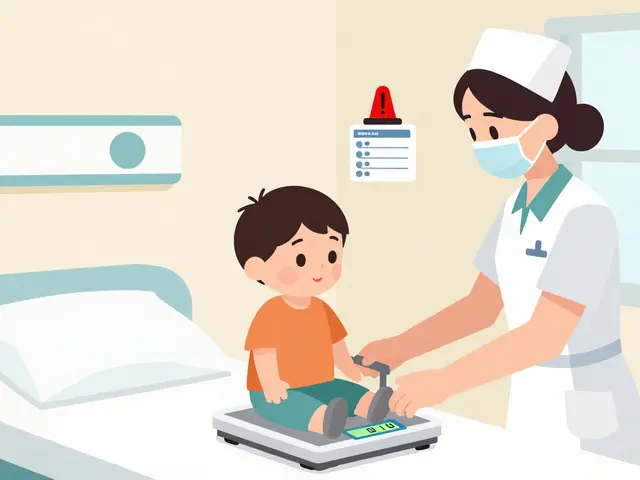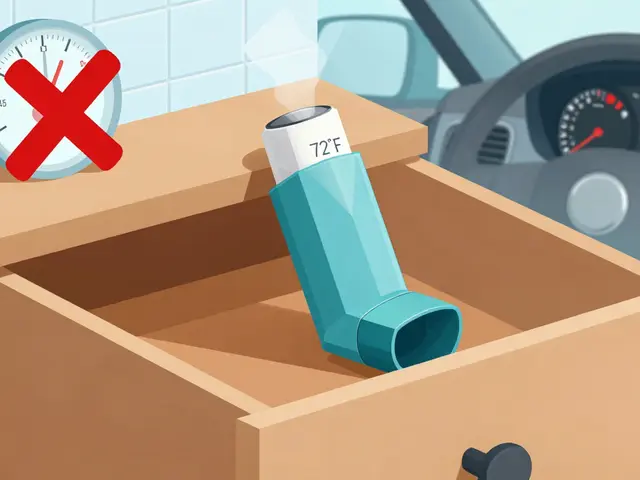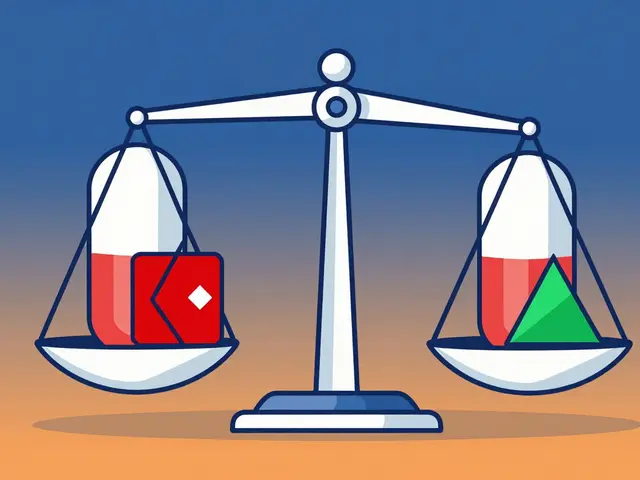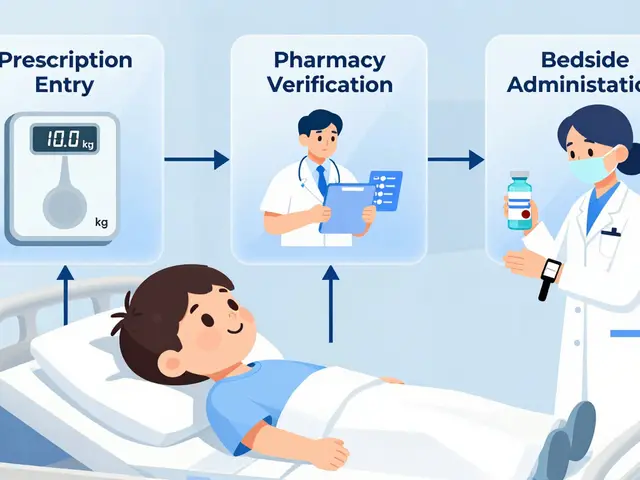Heart Medication: Practical Guide to Types, Safety, and Everyday Tips
Heart meds cover a lot: blood pressure pills, cholesterol drugs, blood thinners, and medicines for heart rhythm or heart failure. If you take any of these, the goal is the same—lower risk of heart attack, stroke, and symptoms so you can live better. This page gives straightforward, useful tips so you know what your meds do, what to watch for, and where to get reliable info.
Common drug groups and what they do
Here are the usual categories you’ll hear about and what they actually do for your heart:
- ACE inhibitors (like lisinopril): relax blood vessels to lower blood pressure and ease the heart’s workload.
- ARBs (like losartan): similar to ACE inhibitors, often used if ACEs cause a cough.
- Beta blockers (like metoprolol): slow the heart rate and reduce blood pressure—useful after heart attacks and for certain arrhythmias.
- Diuretics (like chlorthalidone or HCTZ): help your body get rid of extra salt and water to lower blood pressure. If you’re researching alternatives, see our article on 5 Alternatives in 2025 to Chlorthalidone.
- Statins (like atorvastatin): cut cholesterol to prevent plaque buildup in arteries.
- Antiplatelets and anticoagulants (like aspirin or warfarin): prevent clots but raise bleeding risk—these need close follow-up.
Practical safety tips and things to watch
If you want to stop a medicine or switch, talk to your doctor first. Stopping some drugs suddenly—beta blockers or certain blood pressure meds—can cause serious rebound effects. If you’re tapering or changing, follow a plan from a clinician.
Check interactions. Many heart meds interact with other prescriptions, supplements, and even foods. For example, grapefruit can raise levels of some statins. Ask your pharmacist or use trusted interaction checkers, and read the leaflet that comes with the drug.
Monitor basics at home: blood pressure readings, pulse, weight (sudden weight gain can signal fluid buildup), and any new symptoms like dizziness, unusual bleeding, or shortness of breath. If you notice trouble, contact your care team quickly.
Buying meds online? Be careful. Look for reputable pharmacies and avoid offers that sound too cheap or don’t require a prescription. You can read more about saving money safely in our post on GoodRx competitors and savings.
Need tailored info? Check specific guides on this site—like Terazosin drug interactions if you’re on alpha blockers, or Levothyroxine and heart effects if thyroid meds are part of your mix.
Final tip: keep a list of every medicine, dose, and supplement you take. Share it at every doctor visit and pharmacy visit. That simple habit prevents mistakes and keeps your heart treatment on track.
Toprol is a commonly prescribed beta blocker that helps manage high blood pressure, heart failure, and other heart issues. This article covers how Toprol works, its real benefits and possible side effects, as well as practical advice for people who take or are considering this medication. You’ll also find information about what to expect, alternative treatments, and everyday tips for living better with heart medicine. If you want a down-to-earth guide that makes sense of the facts without scaring you, this is for you.
Continue reading...


